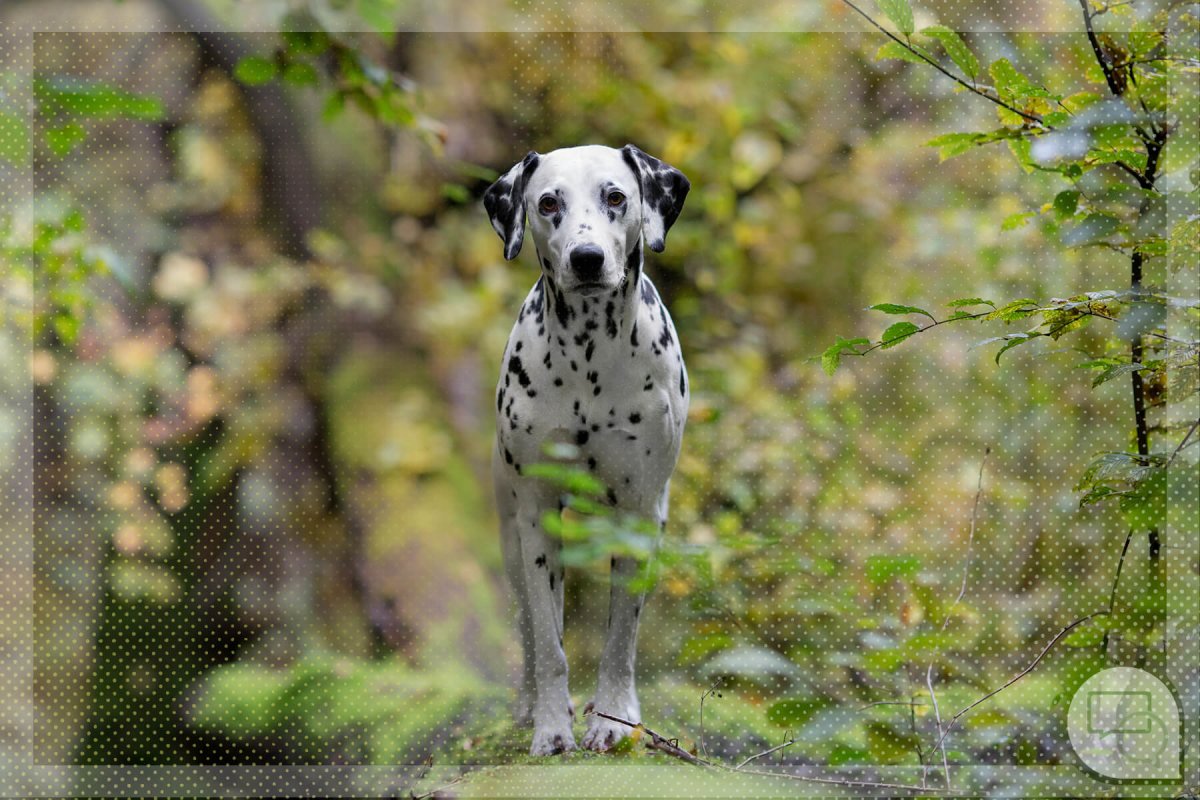Everyone knows that smoking is harmful. But what does it mean for your pet if it lives in a smoking household and is a passive smoker? Our dogs and cats don't choose whether they want to smoke or not, they are passive smokers. Today I'll explain why passive smoking is dangerous for your pet and what diseases can be caused by the toxins left behind.
Passive smoking is proven to be harmful
According to the National Institutes of Health, there are unpublished studies by the Philip Morris Tobacco Company that clearly show how at risk passive smokers are: The smoke produced when a cigarette is lit contains four times as many toxins as the smoke the smoker exhales after inhalation.
So while the cigarette slowly burns out, the smoke it produces is the real danger to humans and animals. This is due to the following heating processes: When a cigarette is lit, the tobacco is burned at a lower temperature than when the smoke is inhaled. This means that the smoke, which is constantly flowing directly from the cigarette, has a higher concentration of toxic substances due to incomplete combustion. This is the key to understanding why passive smokers are so at risk.
What is "third smoke?"
The residue that smokers exhale and secondhand smokers inhale is referred to as "the third smoke". Not only the dangerous smoke emitted by the cigarette, but also this third smoke endangers the animals that live in a smoker's household and are therefore passive smokers.
The residues of the toxic compounds that are exhaled are deposited on skin and clothing, as well as on furnishings and carpets. Dogs and cats spend a lot of time on the floor, where tobacco smoke residues are concentrated on furniture and in house dust. This is how it gets into your pet's fur.
Dogs, cats and children not only inhale the harmful substances, pets also lick them off their hands, hair, skin and clothing. This is a new dimension of passive smoking. The more thoroughly an animal cleans itself, the more toxic residues it will absorb. This is particularly true for cats.
Why is smoking particularly dangerous for cats?
Cats are extremely clean animals and spend several hours a day cleaning themselves extensively. Dogs are different. They only lick and clean themselves if there is something unpleasant on their skin and fur. This happens when there are parasites, injuries or general itching, but also when your four-legged friend has gotten wet or dirty.

However, grooming is vital for your cat. It removes dirt, loose hair and parasites from their coat. The sebaceous glands, which are located at the roots of the hair, are also stimulated by licking. These secrete fat, which impregnates the coat, making it waterproof. This protects your pet from getting wet and cold in rainy weather. The saliva on the fur also helps to regulate the temperature in summer: when it evaporates, it becomes cold and your cat is less likely to get a heat stroke. Cat washing relaxes and calms cats and reduces stress.
What effects does passive smoking have on cats?
Dangerous carcinogens accumulate in a smoke-filled environment. Because cats absorb the harmful nicotine through their tongues, they are particularly at risk. The nicotine collects in their fur.
I myself have experienced what a cat looks like that comes from a heavy smoker's household and was a passive smoker: our family cat comes from animal welfare. There she lived on a foster home and in a smoking household. The cat is actually black and white, but she came to me black and yellow. She stank of cold smoke, her fur was greasy, rough and dull. She was really stressed and was constantly cleaning herself to get the nicotine out of her fur. Unfortunately, the clean velvet paws absorb the poison with their rough tongue during daily grooming. This is how it gets into your pet's body and gastrointestinal tract.
The fact that your cat is a passive smoker also leads to problems with the mucous membranes of the eyes, nose, throat and neck. In addition, a weakened immune system and impaired communication with other cats, as the smell of cigarette smoke overpowers your cat's own body odor.
The risk of developing lymph node cancer is about twice as high in house tigers that are passive smokers. If two smokers live in the household, the risk of cancer is even four times higher than in a non-smoking household. The animals also have a four times higher risk of developing an aggressive oral cancer called squamous cell carcinoma. Lung cancer in cats also occurs more frequently in animals that are exposed to passive smoking by their owners.
Are dogs also affected by smoke?
Dogs filter some of the toxins from tobacco smoke through their noses. They also don't absorb as many toxins as cats because they don't groom themselves as often. As passive smokers, they are therefore protected against lung cancer, but conversely tend to develop nasal cancer. Depending on the type of nose your dog has, his risk of developing certain diseases varies. Dogs with smaller noses filter less carcinogens and therefore have a higher risk of lung cancer if they are passive smokers.
Every smoker should be considerate of the animals they live with. If you are a smoker yourself, be aware that passive smoking is considered just as dangerous as active smoking. Your pet is directly exposed to nicotine and all the other toxins that are added to tobacco. For the smoker, they usually remain in the filter, but your pet breathes them in or licks them up. If you want to protect your beloved pet from the consequences of harmful passive smoking, it is therefore better to go out into the fresh air to smoke - or ideally stop smoking altogether.



